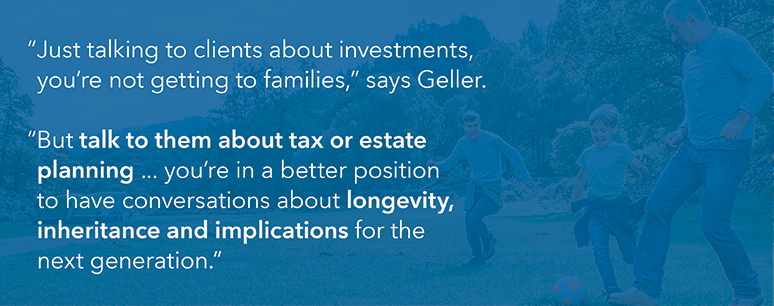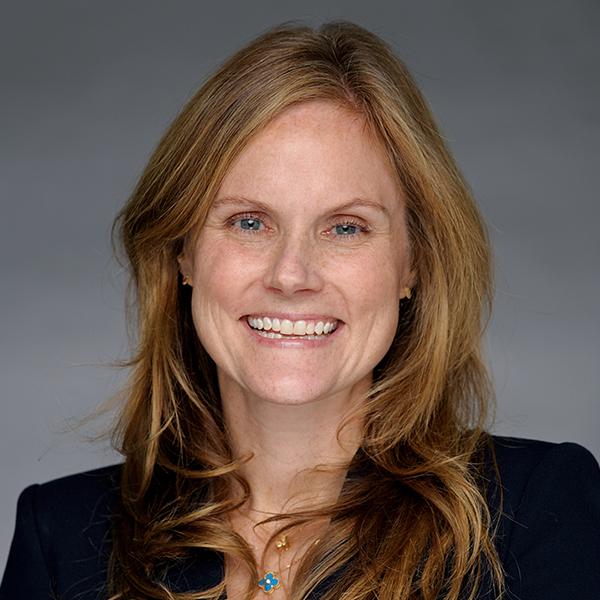While estimates of the great wealth transfer from the baby boomer generation vary widely — anywhere from $30 trillion to $68 trillion at last count — the fact remains that generations of inheritors will be looking for professional financial guidance in the coming decades.
But it’s not just investment expertise that will win the business stemming from this money in motion, says Leslie Geller, wealth strategist at Capital Group. “One aspect that’s often overlooked is that large inheritances don’t come in the form of lump sums that are ready to invest. Instead, they will very often be in the form of trusts, which will come with a lot of legal and technical issues,” she says. Having the ability to help with those issues, and to get the family involved in planning for them, is one way advisors can add value.
With all that potential business out there, how do you reach and engage these multigenerational clients? Here are a few ideas to consider.




